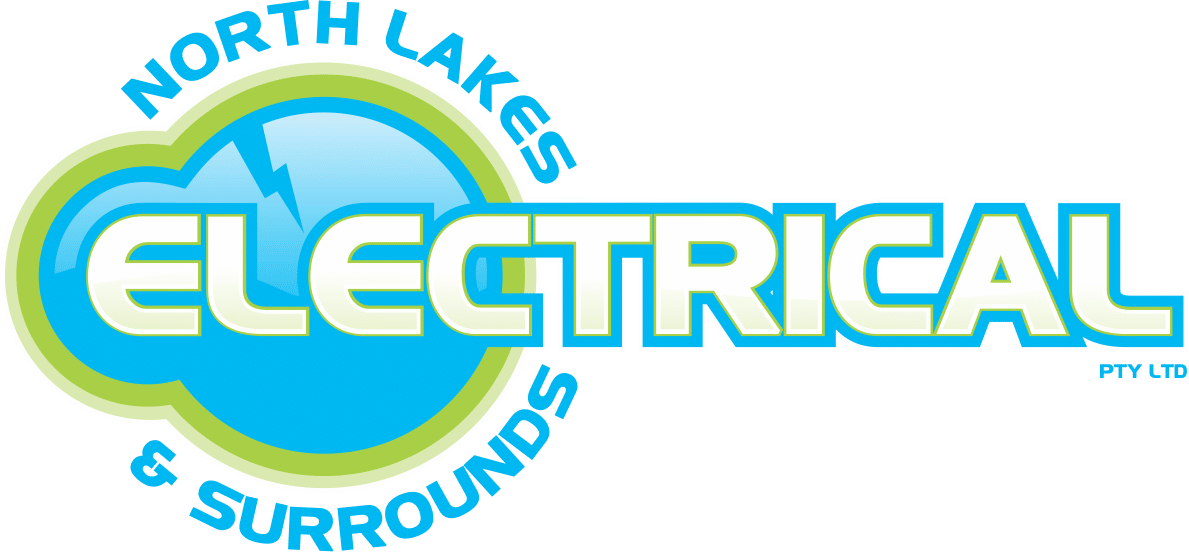Risks of DIY Electrical Work
We all know someone, or maybe you are that someone, that enjoys doing your own work around the house to improve the value of your property and with DIY home projects booming, no doubt in part to the number of home improvement television shows, more than 50% of homeowners attempt to complete these projects themselves but less than 35% complete them. When it comes to do-it-yourself electrical work however, we might think we can do it with the right tools and a good how-to video, but is the risk worth it just to save some money? Let’s see what you think after we discuss the main risks of DIY electrical work.
#1 Electrical Shock
One of the most obvious dangers and risks of performing electrical work, whether DIY or professional, is electrical shock. As experienced electricians, our team at North Lakes & Surrounds Electrical understand voltage levels and can assess their surroundings to determine risk factors. While most homes tend to be around 110 volts which is sure to give you a little jolt, some appliances reach up to 240 volts – a deadly amount of current if exposed. Avoid any shocks when possible by calling a qualified electrician to help you with your home projects.
#2 Fire
Unfortunately, there’s a long list of risks that can lead to your DIY work causing a fire and using water is NOT a solution. Some common mistakes include using the wrong gauge of electrical wire, incorrect bulb wattage, faulty installation of outlets and switches, plus the wrong fuse size of amperage. It is not uncommon that those carrying out their own home improvements do not realise that there is different kind of wires for different applications or they get half way through their project and realise they can’t figure out which wire is ground or neutral. A qualified electrician from North Lakes & Surrounds Electrical understands all the wiring types and their uses to help avoid any sparks or fires.
#3 Not Covered by Insurance
This is a simple one – if you can’t prove that the electrical work done during your home project was carried out by a licenced and certified electrician, your insurance is not likely to cover the damages.
#4 Code Violations
Did you know that there are certain codes in place by local and state governments to ensure the public safety against electrical hazards? These codes are designed to regulate design, installation and maintenance of electrical equipment and systems on residential properties and you cannot sell a home unless it is code-compliant.
#5 Overloaded Outlets or Power Boards
While you might believe that outlets and power boards are made to handle any number of appliances that are being plugged into them, it is actually possible to overload them, particularly with large appliances such as refrigerators and dishwashers. The number of amps a circuit is designed to manage is information that your electrician will know by heart, so be sure to seek their advice when you’re installing new devices and appliances in your home.
#6 Penalties & Fines
Each state and region within Australia has their own penalties for what is regarded ‘unlicensed electrical work’. In Queensland, DIY electrical work is illegal and has penalties of up to $40,000 for individuals. According to the Queensland Government website “A breach that exposes an individual to a risk of death or serious injury or illness attracts a maximum penalty of $600,000 for an individual ($3,000,000 for a corporation) or five years imprisonment.”
#7 Using the Wrong Products
It may not seem like a big deal if you grab the wrong outlet, switch or wire but these wrong products can actually lead to disasters mentioned earlier such as a fire or electrocution. From something as simple as replacing a bulb to the complexity of rewiring your house, trust our team at North Lakes & Surrounds Electrical to care for your safety by allowing them to choose the right products for your needs.
#8 Electrical Faults
Your project might be to fix an electrical fault within your home, but if you’re inexperienced, you may just end up with more problems than when you started – such as cutting off electricity to a certain room within your home. This is particularly relevant to any outdoor outlets as it needs a ground-fault interrupter button that will trip the outlet if there’s any water. Always call a professional when working with wiring.
#9 Failed Inspections
If you do carry out your own DIY electrical work, you still need to get it certified by a licensed professional to ensure it’s up to code and safe. Without this certification, you may receive a fine. Electrical inspections, such as those within our team at North Lakes & Surrounds Electrical, are charged with ensuring the safety of ALL electrical components in your home to detect any faults. If you fail this inspection, this may present problems when you try to sell your house and then you will need to a hire professional to resolve it – so why not just call one in from the get-go?
Contact us
Considering all the risk factors and dangers mentioned, do you still want to do your own electrical work? Call out team at North Lakes & Surrounds Electrical today on (07) 3053 3118.

